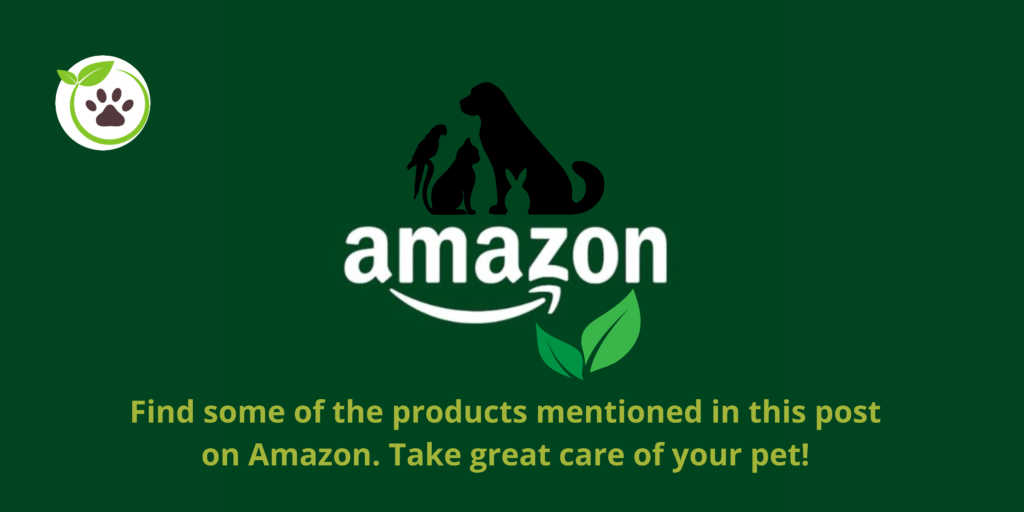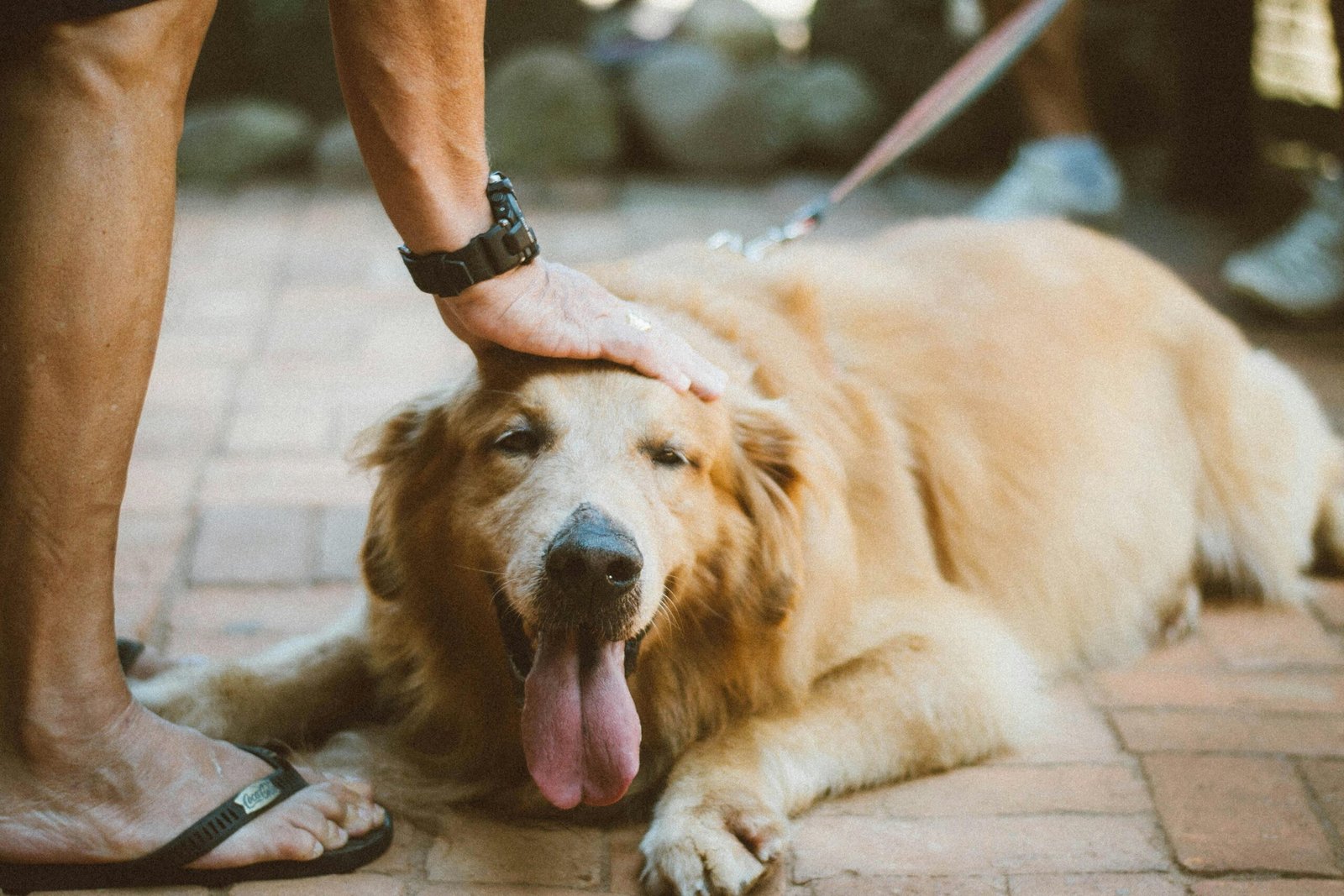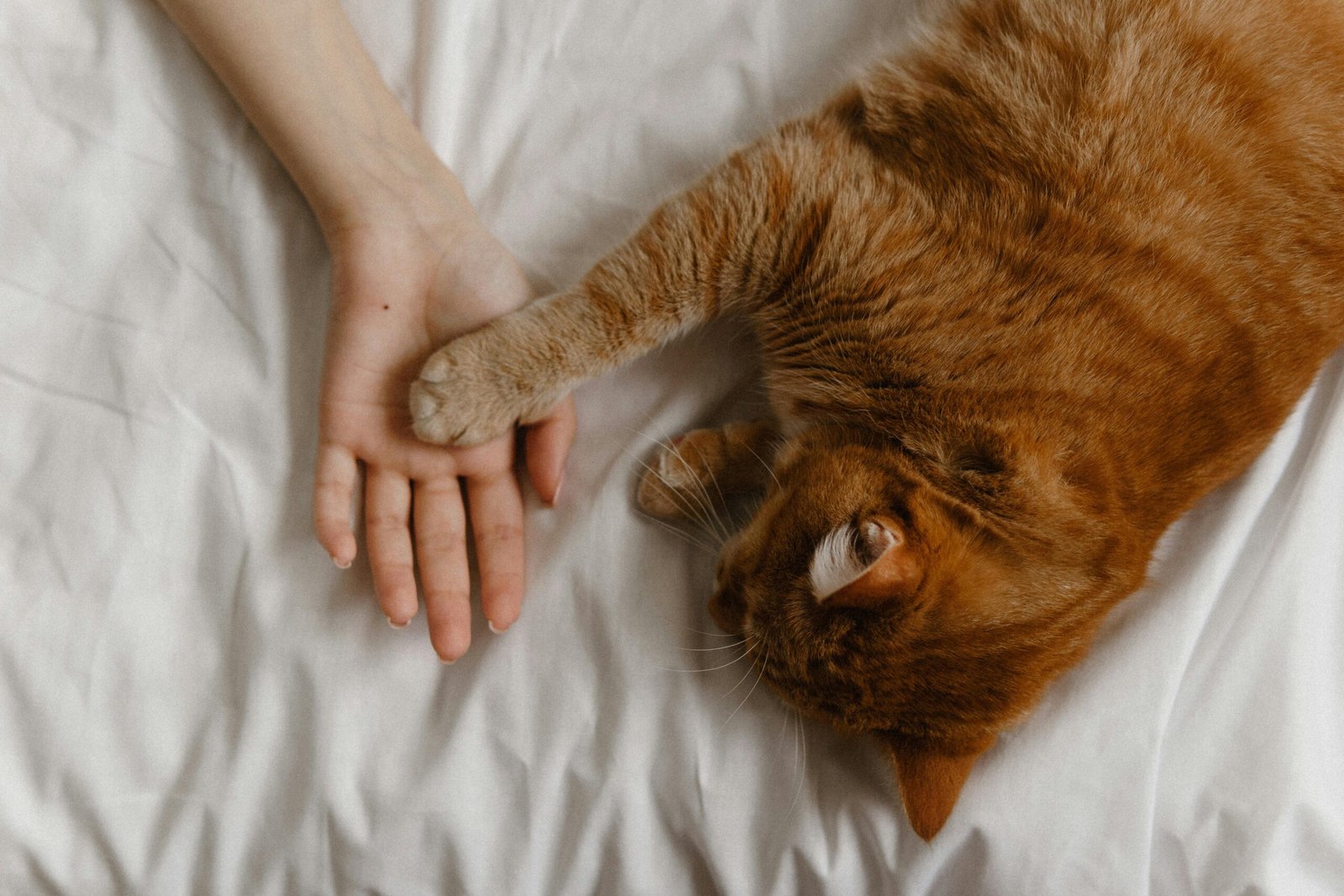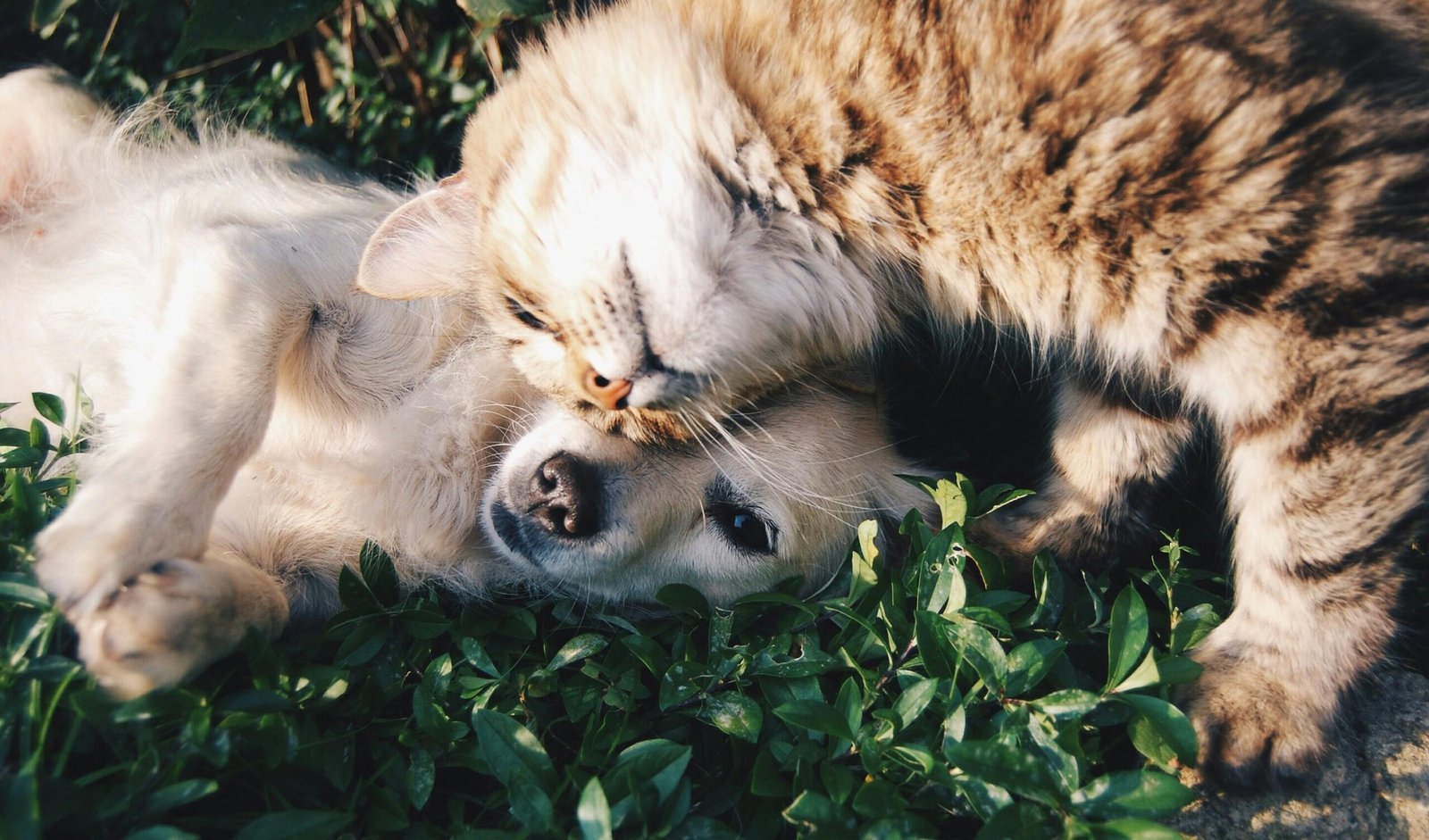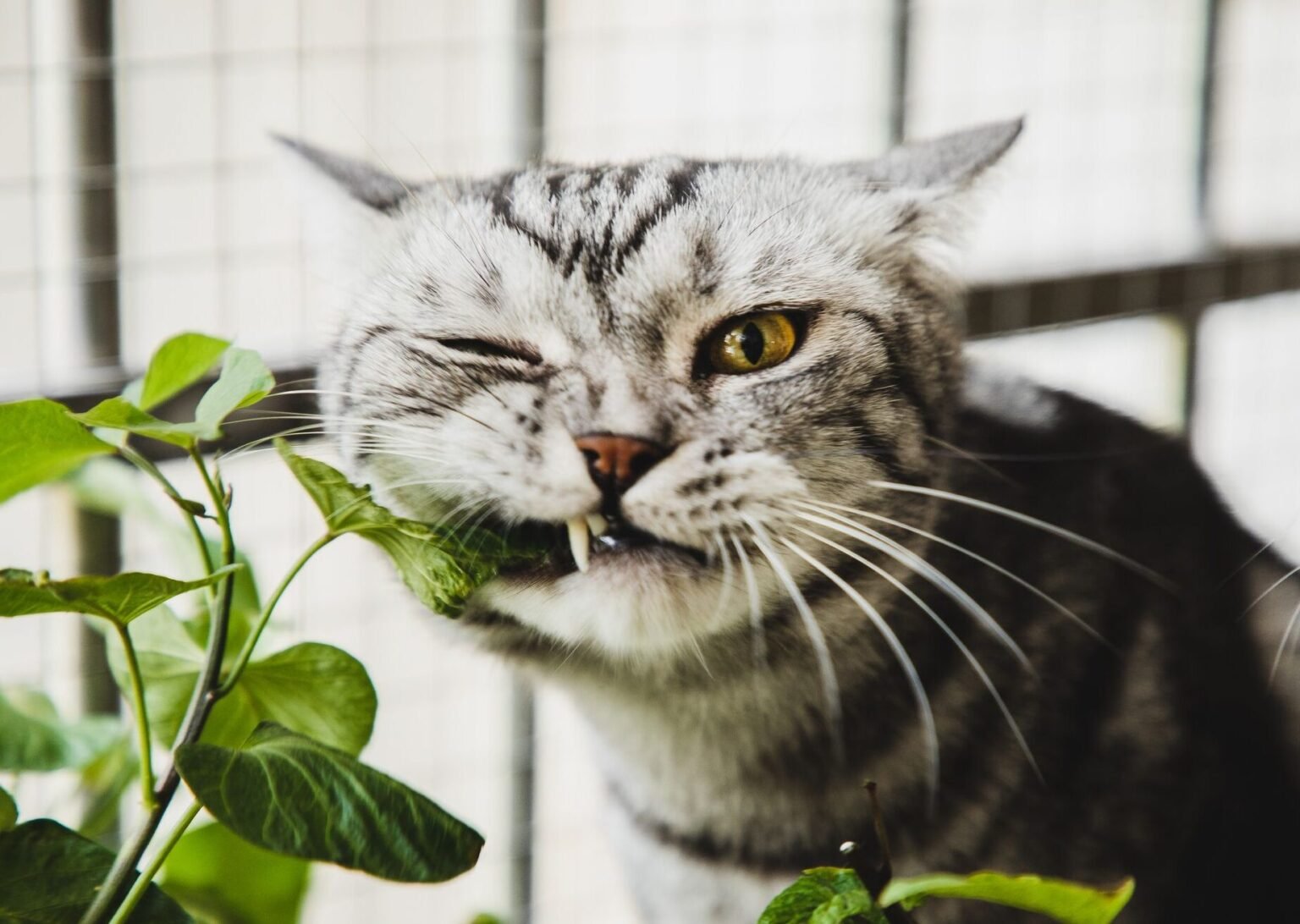Pet anxiety is a growing concern for pet owners worldwide. From fireworks phobia to separation anxiety, many beloved companions suffer from stress and its associated behavioral issues. While pharmaceutical options exist, many pet owners are turning to natural remedies for a gentler approach to managing their pet’s anxiety. This article explores the use of calming plants for stressed pets, focusing on valerian, lavender, and chamomile, and provides guidance on safe and effective administration.
Understanding Pet Anxiety
Before delving into natural remedies, it’s crucial to understand the signs of anxiety in your pet. Symptoms of anxiety in dogs and cats can vary, but common indicators include:
- Excessive barking or meowing: Persistent vocalization, often without apparent cause.
- Restlessness and pacing: Inability to settle down, constant movement.
- Destructive behavior: Chewing furniture, digging, scratching excessively.
- Changes in appetite: Loss of appetite or overeating.
- House soiling: Urinating or defecating inappropriately, even in house-trained pets.
- Withdrawal and hiding: Avoiding interaction and seeking secluded spaces.
- Increased heart rate and panting: Physiological signs of stress.
- Aggression: Increased irritability and reactivity.
It’s vital to consult with your veterinarian if you suspect your pet is experiencing anxiety. They can rule out underlying medical conditions and help determine the best course of treatment.
Valerian Root: A Natural Tranquilizer
Valerian root (Valeriana officinalis) is a well-known herb with calming properties frequently used in humans to promote relaxation and sleep. Studies suggest it may also be beneficial for pets experiencing anxiety. The active compounds in valerian root, including valerenic acid and valepotriates, are thought to interact with GABA receptors in the brain, reducing nervous system activity.
How to administer Valerian to pets: Valerian is typically available in capsule, tincture, or powder form. Always consult your veterinarian before administering valerian root to your pet, as the appropriate dosage will depend on the animal’s size, breed, and specific condition. Never exceed the recommended dosage. Start with a low dose and monitor your pet’s response.
Potential side effects: While generally considered safe, some pets may experience mild gastrointestinal upset or drowsiness.
Lavender: A Soothing Aromatic
Lavender (Lavandula angustifolia) is a popular choice for its calming scent. The essential oil contains compounds like linalool and linalyl acetate, which have been shown to have relaxing effects. For pets, lavender is best used in diluted forms, never directly applied to the skin.
How to administer Lavender to pets:
- Diffusers: Use a diffuser in a room where your pet spends time. Ensure the diffuser is pet-safe and avoid using excessive amounts of oil.
- Lavender sprays: Dilute a few drops of lavender essential oil in water and spray lightly on bedding or pet toys. Avoid spraying directly on your pet’s fur.
- Lavender-infused treats: Many commercially available pet treats contain lavender extract.
Caution: Some pets may be sensitive to lavender. Start with a small amount and monitor for any adverse reactions. Always use high-quality, pure lavender essential oil specifically designed for pets. Never use synthetic fragrances.
Chamomile: A Gentle Calming Agent
Chamomile (Matricaria chamomilla) is another herb known for its relaxing and anti-anxiety properties. It contains apigenin, a compound that interacts with GABA receptors, similar to valerian. Chamomile is generally considered safe for pets when administered correctly.
How to administer Chamomile to pets:
- Chamomile tea: Brew a weak chamomile tea (ensure it’s caffeine-free and doesn’t contain any additives) and allow it to cool completely before offering a small amount to your pet. Do not give large quantities.
- Chamomile supplements: Consult your veterinarian before giving your pet chamomile supplements, as dosages vary depending on the pet’s size and breed.
Caution: Some pets may experience allergic reactions to chamomile. Start with a tiny amount and monitor for any signs of discomfort.
Other Calming Plants for Pets
While valerian, lavender, and chamomile are the most commonly used, other herbs may offer calming benefits for pets. Always consult your veterinarian before introducing any new herbs or supplements into your pet’s diet.
Administering Calming Herbs to Cats and Dogs
The method of administration differs slightly between cats and dogs. Dogs are generally more receptive to oral administration, while cats might prefer aromatherapy or diluted sprays. Always prioritize safety and observe your pet closely for any adverse reactions. Never force your pet to consume anything they don’t want.
Important Note: Natural remedies are not a replacement for veterinary care. If your pet’s anxiety is severe or persistent, seek professional veterinary help. They can provide a proper diagnosis, rule out underlying medical issues, and recommend appropriate treatment strategies.
FAQ
Q: Are there any risks associated with using calming plants for pets?
A: While generally safe when used correctly, some pets may experience mild side effects such as gastrointestinal upset or drowsiness. Allergic reactions are also possible. Always start with a low dose and monitor your pet closely.
Q: How long does it take for calming herbs to take effect?
A: The onset of effects varies depending on the herb, dosage, and the individual pet. It may take several days or even weeks to see noticeable improvements.
Q: Can I use human-grade calming herbs on my pet?
A: No. Human-grade herbs may contain ingredients that are toxic to pets. Always use products specifically formulated for animals.
Q: What should I do if my pet has an adverse reaction to a calming herb?
A: Discontinue use immediately and contact your veterinarian.
Q: My vet recommended medication for my pet’s anxiety. Can I still use calming herbs?
A: Discuss this with your veterinarian. They can advise on whether it’s safe to combine medication with natural remedies.
This article provides general information and should not be considered veterinary advice. Always consult with a veterinarian before using any herbal remedies or supplements for your pet. Your veterinarian can help you determine the best course of action for your pet’s specific needs and ensure their safety and well-being.
Keywords: calming herbs for pets, stressed pets, natural anxiety treatment, pet anxiety relief, valerian root for pets, lavender for pets, chamomile for pets, anxiety in dogs, anxiety in cats, natural calming remedies for animals
Share this content:


